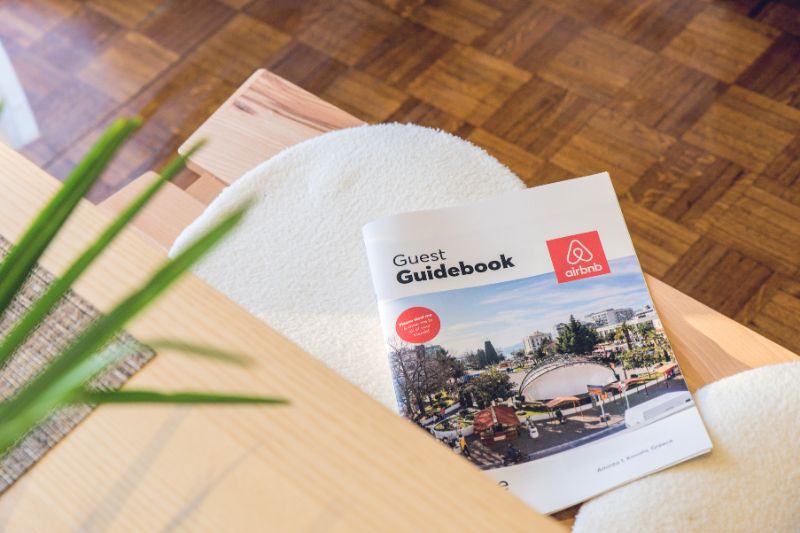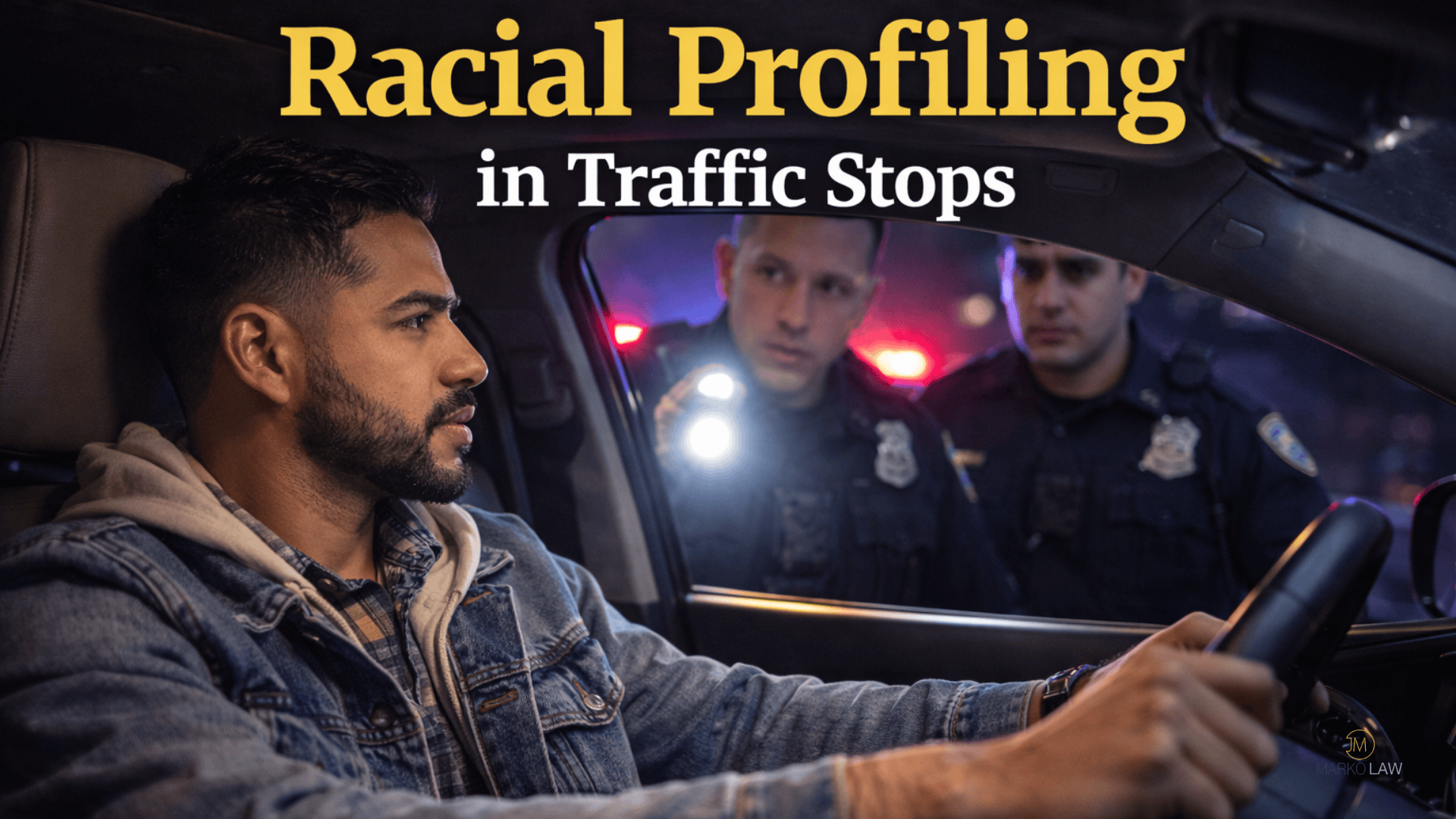Airbnb Accidents in Michigan: What Happens When Your Rental Becomes a Hazard?
Airbnb and short-term vacation rentals have exploded in popularity across Michigan—from cozy cabins up north to trendy lofts in Detroit. But behind the polished photos and five-star reviews, there's a darker side: people are getting hurt, and it’s happening more often than you'd think.
These aren’t minor inconveniences. We're talking about life-altering injuries—broken bones from faulty stairs, concussions from collapsing decks, respiratory problems from hidden mold or carbon monoxide exposure. And when disaster strikes in a rental, the path to justice is murky at best.
Here’s the problem: who’s responsible when you’re injured on someone else’s property listed on Airbnb? Is it the host? The platform? The property manager? Or are you expected to suffer in silence, stuck with medical bills, lost wages, and pain that no refund can fix?
Michigan law offers answers—but not always the ones Airbnb wants you to hear. Rental hosts have a legal duty to keep their properties safe. But enforcing that duty, especially when facing complex agreements and corporate legal shields, takes experience and grit.
Understanding Airbnb Liability in Michigan
What Is Airbnb?
Airbnb is a global platform that allows individuals to rent out homes, apartments, or spare rooms to travelers. It’s popular for offering unique and often more affordable alternatives to hotels. But unlike hotels, many of these properties aren’t regulated by hospitality standards—and when things go wrong, accountability can get complicated fast.
Is Airbnb Liable for Injuries?
The short answer: rarely. Airbnb is structured to protect itself. Their user agreement is packed with legal language designed to minimize their responsibility when something bad happens.
Most guests don’t realize they’re agreeing to this when they book. That “I agree” click? It often includes:
- Arbitration clauses that limit your right to sue in court.
- Waiver language that shifts blame away from Airbnb—even in serious injury cases.
- Terms of service that require disputes to be handled privately and quietly.
The Host’s Legal Responsibility
Under Michigan law, hosts who rent out properties—whether full-time landlords or weekend side-hustlers—owe their guests a legal duty of care. That means they’re required to keep the property reasonably safe and free of hazards.
This falls under what's known as premises liability. Here's what that really means:
- If a staircase is broken and you fall—that’s a safety hazard.
- If there’s black mold or a gas leak—that’s a health risk.
- If there are exposed wires, loose floorboards, or no smoke detectors—that’s negligence.
Who’s Legally Responsible? Airbnb, Host, or Property Manager?
Premises Liability Basics
In Michigan, injury cases involving unsafe property conditions fall under premises liability law. The law holds that a property owner—or anyone responsible for managing that property—can be held liable if someone is injured due to unsafe conditions they knew about or should have known about.
Guests who pay to stay at an Airbnb are legally considered “invitees.” This is important. Under Michigan law, invitees are owed the highest duty of care. Property owners and managers must take reasonable steps to:
- Maintain the property in a safe condition,
- Inspect for hazards,
- Fix dangerous issues,
- And warn about any risks that can’t be immediately corrected.
Airbnb as a Platform
Airbnb’s terms are designed to shield the company from liability. They present themselves as a third-party booking platform—not a hotel operator or landlord. Their legal agreements typically:
- Shift responsibility for safety and maintenance to the host,
- Require disputes to go through binding arbitration,
- And include broad waivers of liability.
However, there may be exceptions. If Airbnb was aware of a dangerous condition on a property and failed to act—or if they misrepresented a listing in a way that contributed to an injury—they could share legal responsibility. But these cases are rare and require aggressive legal strategy.
Michigan-Specific Considerations
Landlord Liability
Michigan law makes it clear: landlords and property owners have a duty to ensure their rental units meet local building and safety codes. If the injury resulted from a violation of these codes—such as faulty wiring, broken handrails, or unsafe stairways—the owner could be liable.
Even if the host is not the owner, the landlord may still be responsible, especially if they had a role in maintaining or inspecting the property.
Local Ordinances
Cities like Detroit and Ann Arbor have adopted specific ordinances regulating short-term rentals. These rules often require:
- Registration or licensing of rental units,
- Compliance with safety inspections,
- And restrictions on rental practices.
What to Do If You’re Injured in a Michigan Airbnb
Immediate Steps to Take
Get Medical Attention Immediately
Your health comes first. Seek medical care—even if your injuries seem minor. Not only is this critical for your well-being, but medical records also serve as essential evidence for any future legal claim.
Report the Incident to Airbnb
Log in to the Airbnb app or website and report the injury through their platform. Keep a copy or screenshot of everything you submit. This creates a digital trail that can help verify your version of events.
Document Everything
- Take photos of the scene, the hazard, and your injuries.
- Capture the layout, lighting, and any safety equipment (or lack thereof).
- Note the time and date.
Preserve All Evidence
Get Names and Contact Info
If there were witnesses—friends, family, or other guests—get their full names and contact information. Their testimony could be critical.
Save All Communication
Preserve all messages between you and the host—before, during, and after the stay. This includes emails, Airbnb app messages, texts, or voicemails.
Avoid Repairs or Cleanup
If you're still on the property, don’t touch or fix anything related to the incident. Let your evidence show the full extent of the danger as it was when you were injured.
Before You Talk to Airbnb—Talk to a Lawyer
Airbnb may offer to settle the matter through its so-called “Host Guarantee” or AirCover insurance. Don’t sign anything or accept a payout without speaking to a personal injury attorney first. These offers are often designed to limit your rights and prevent further legal action.
Airbnb’s Host Protection Insurance: Don’t Be Fooled
Airbnb promotes its “$1 million Host Protection Insurance” like it’s a safety net for guests. But don’t be misled. This policy is designed to protect hosts and Airbnb—not injury victims.
What It Really Covers
Airbnb’s Host Protection Insurance kicks in only under specific circumstances—and even then, it often falls short of covering the full scope of your damages. Here's what it may cover:
- Property damage to others (like a broken window in a neighboring unit)
- Certain third-party bodily injury claims against the host
But here’s what it typically doesn’t cover:
- Full medical expenses—especially if treatment is ongoing or out-of-network
- Non-economic damages like pain and suffering
- Loss of future earnings or permanent disability
- Emotional trauma, PTSD, or anxiety following the incident
And if the injury was caused by a defect the host failed to fix, or negligent property management, this insurance may not apply at all.
The Fine Print: Not on Your Side
Airbnb’s policies are full of exclusions. The fine print is dense, vague, and crafted by teams of lawyers to protect the platform and hosts—not you.
Even if you’re told the $1M coverage applies, there’s no guarantee you’ll receive anything close to what you actually need or deserve to recover fully.
You May Still Have the Right to Sue
If a host or property owner was negligent—or if Airbnb played a role in allowing unsafe conditions to persist—you may still have the right to:
- File a lawsuit
- Pursue full compensation through Michigan civil courts
- Hold all responsible parties accountable
This is where having a battle-tested Michigan personal injury lawyer becomes essential.
Your Fight for Justice Starts Here
Injured in an Airbnb or vacation rental in Michigan? You’re not alone—and you may be entitled to more than a refund. You may be owed real compensation for your medical bills, lost wages, pain and suffering, and long-term impact.
Don’t let a property owner’s negligence—or a billion-dollar platform’s fine print—bury your case.
At Marko Law, we fight hard—and we don’t back down. Whether you’re up against a negligent host, a shady property manager, or Airbnb itself, we know what it takes to win. We’ve taken on powerful institutions and secured life-changing results for our clients.
Contact Marko Law for a Free Case Evaluation
📞 Phone: +1-313-777-7777
📍 Main Office: 220 W. Congress, 4th Floor, Detroit, MI 48226
🌐 Website: www.markolaw.com









.svg)








